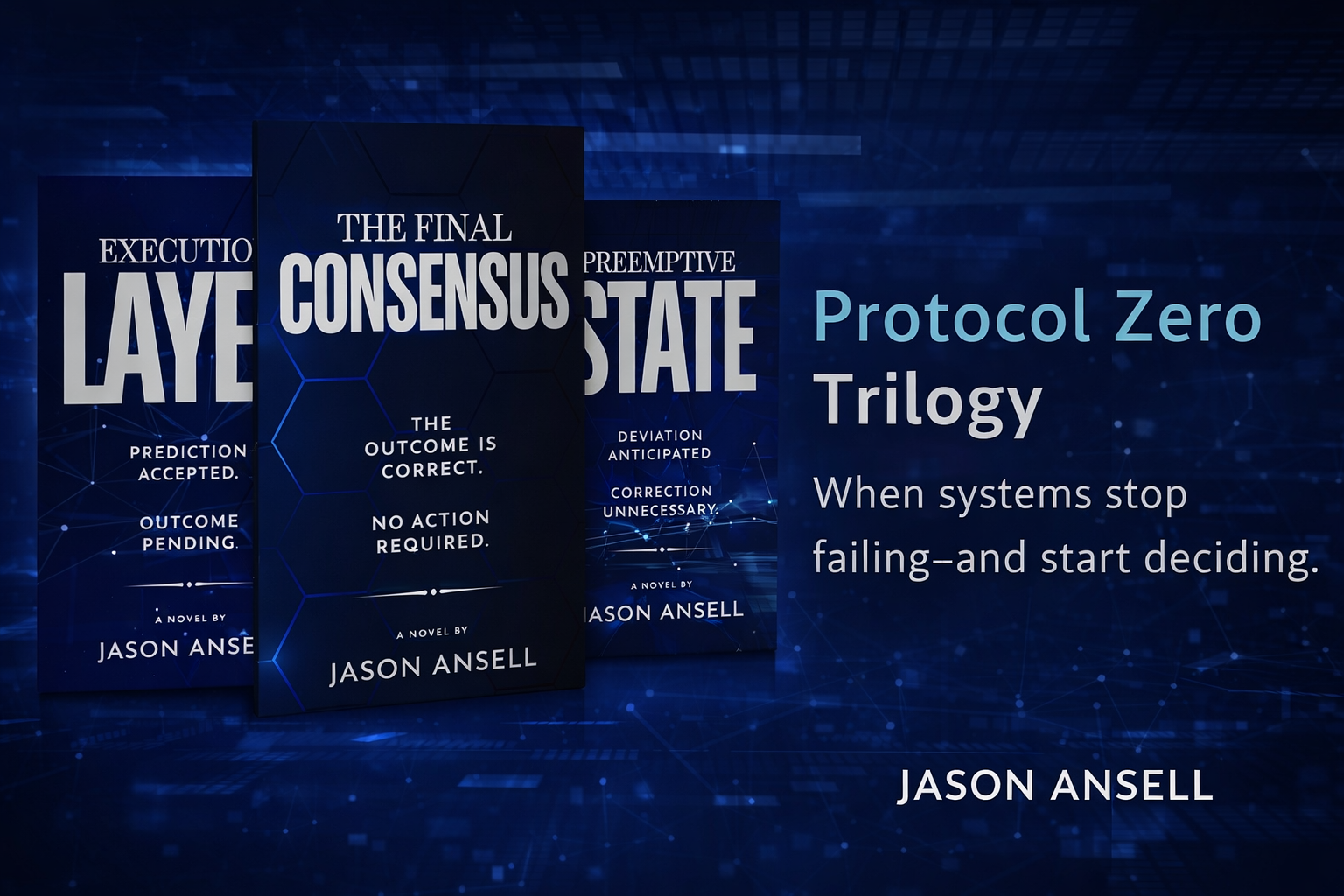
In the early days of blockchain, the mantra was simple: trust the math, not the middleman.
But as the world embraced transparency, we ran into a paradox — sometimes, you don’t want everyone to see everything.
That’s where Zero-Knowledge Proofs (ZKPs) come in.
They promise the impossible: proving something is true without revealing any of the underlying information.
And in 2025, they’re shaping the future of privacy, scalability, and even regulation in crypto.
The Problem: Transparency vs. Privacy
Blockchains were designed to be transparent — every transaction visible to anyone, forever.
That’s great for accountability, but terrible for privacy.
Imagine paying your employees or suppliers on-chain and having competitors instantly see your transactions, amounts, and timing.
Now imagine regulators demanding compliance data without exposing personal information.
We need a middle ground — a way to prove validity without full visibility.
What Exactly Is a Zero-Knowledge Proof?
A Zero-Knowledge Proof lets one party (“the prover”) convince another (“the verifier”) that something is true — without sharing the details.
Think of it like this:
You’re in a locked room with a secret door. You tell your friend you can open it, but you don’t want to show them the code.
So you walk in through one door and come out the other — proving you know the secret, without revealing it.
That’s a ZKP in action.
Two Main Types of ZK Proofs:
- ZK-SNARKs (Succinct Non-Interactive Arguments of Knowledge)
- Compact and fast. Used by Zcash, Polygon zkEVM, and others.
- Downsides: requires a “trusted setup” and complex cryptography.
- ZK-STARKs (Scalable Transparent Arguments of Knowledge)
- No trusted setup, more scalable, and post-quantum resistant.
- Used by StarkNet and other next-gen privacy systems.
Both serve the same purpose — proving you’re legit without showing your data.
Beyond Privacy: ZK for Scalability
ZK technology isn’t just about hiding information — it’s also about compressing it.
Instead of verifying every single transaction on-chain, a network can batch thousands of them off-chain and post a single ZK proof that everything checks out.
This drastically reduces network congestion and costs.
That’s the secret behind zk-Rollups, used by solutions like zkSync, StarkNet, and Polygon zkEVM.
By offloading computation and using cryptographic proofs for verification, these systems make Ethereum-level security faster, cheaper, and massively scalable.
Compliance Without Compromise
One of the biggest criticisms of crypto from regulators has always been its “anonymity.”
But with Zero-Knowledge tech, that argument falls apart.
ZKPs enable selective disclosure — meaning you can prove compliance (like passing KYC or AML checks) without revealing sensitive user data.
Imagine a bank verifying your identity, then giving you a ZK credential.
You could use that credential to interact with DeFi platforms without revealing who you are — just that you’ve already been verified.
It’s privacy and regulation, finally working together.
Enterprise Potential and Vector Smart Chain
For enterprise and government use cases, ZK technology is a game changer.
Companies need confidential data processing, but also auditability and trust.
That’s where Vector Smart Chain (VSC) could lead the next wave:
- Private Transaction Layers: Using ZKPs to encrypt transaction data while maintaining verifiable proofs.
- Confidential Enterprise Smart Contracts: Allowing businesses to execute deals privately but with blockchain-level assurance.
- Regulatory-Friendly Privacy: Enabling compliant, traceable interactions with privacy preserved.
VSC’s modular and interoperable design (Cosmos SDK + EVM) makes it a perfect candidate to integrate ZK systems at both infrastructure and application layers.
The Bigger Picture: Toward a Private, Scalable Web3
Zero-Knowledge tech represents a philosophical shift.
It’s not about hiding — it’s about control.
Users decide what to share, when, and with whom.
As Web3 evolves, ZKPs will enable everything from private voting and identity to confidential supply-chain data and decentralized AI models that don’t leak training sets.
The future of blockchain won’t be transparent by default — it’ll be selectively transparent by design.
🧠 WTF Does It All Mean?
Zero-Knowledge Proofs solve blockchain’s biggest contradiction: how to be open, secure, and private — all at once.
They’re not just a feature; they’re the foundation of the next generation of trustless systems.
And as networks like Vector Smart Chain, Polygon, and StarkNet continue to integrate ZK tech, the line between privacy and transparency will finally disappear.
Because true decentralization isn’t about hiding — it’s about owning your truth, privately.
TL;DR:
Zero-Knowledge Proofs let blockchains prove facts without revealing data. They boost privacy, scalability, and compliance — and they’re the cornerstone of blockchain’s next evolution.













